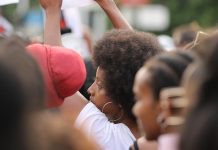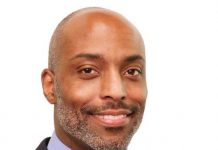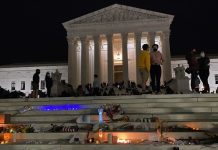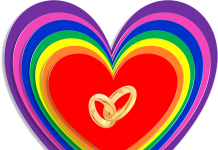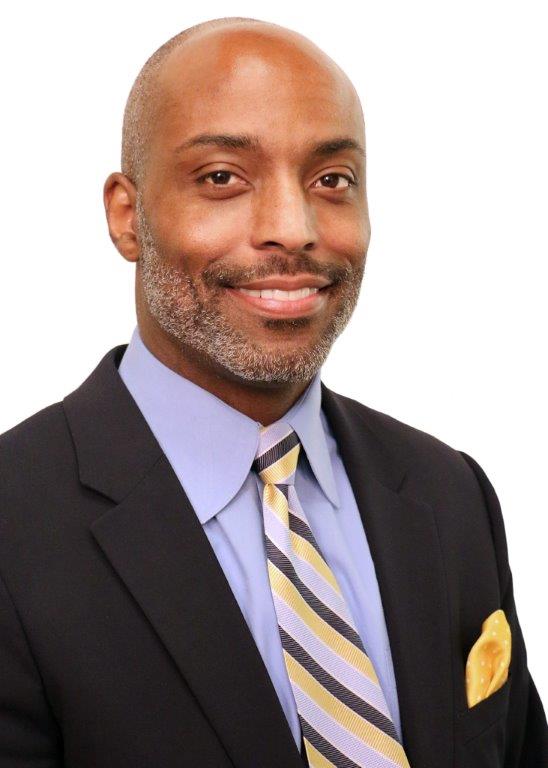Special to Las Vegas Spectrum
This year’s Pride Month converges with a different movement: #BlackLivesMatter. Pride month is a time for the LGBTQ+ community to reflect on how far we’ve come since the Stonewall Riot of June 29, 1969, which was the result of Black, Latinx, Asian and white gay, lesbian, bisexual and transgender people rebuking police harassment, raids and arrests.
At the center of the story are Black and Latinx transgender women, who caused the righteous raucous that gave way to our current celebration of Pride in June. They were fed up with the harassment and violence inflicted upon them – and today, we are, too.
What’s happening with the #BlackLivesMatter movement now is similar in that people are making it known that they have had enough.
What’s happening in the streets across the United States is about #BlackLivesMatter, police brutality and anti-racism. For Black Americans, these protests are all too familiar. Without going back and charting 400 years of examples, I can point to the Nat Turner Slave Rebellion of 1831. Or the violent protests that broke out in 1968 after Martin L. King, Jr. was assassinated.
These examples are times when Black people had enough of the evils of slavery and the depravity of Jim Crow Laws that enforced racial segregation, which my grandparents and parents lived under in the South. But what’s happening today seems different.
What’s different about the protest riots of 1968 and the protest riots of 2020 is that there are a large number of white and non-Black protesters, including those who identify as LGBTQ+, protesting against racism. Arguably, these allies are needed to protest in solidarity with the Black community to effect change.
These are young people who grew up with a Black man, Barack Obama, as their President, and who don’t understand why a police officer can kill George Floyd, an unarmed Black man, by pressing his knee onto his neck for nearly nine minutes – all the while being video taped for the world to watch. Repeatedly.
#BlackLivesMatter is an important liberation movement. It was founded by three Black queer women, birthed in response to the acquittal of Trayvon Martin’s murderer, George Zimmerman. According to #BlackLivesMatter the movement is guided by the fact that “all Black lives matter, regardless of actual or perceived sexual identity, gender identity, gender expression, economic status, ability, disability, religious beliefs or disbeliefs, immigration status or location.” Very similar tenants of the LGBTQ+ liberation movement, which is now, more than ever, centered around intersectionality – recognizing that we have multiple identities that shape our lives.
For this year’s Pride, the LGBTQ+ community is pivoting from just celebrating Pride to standing in solidarity with the Black community and anti-racism.
For decades, there has been a tension between the world of the Civil Rights Movement and the world of the Equal Rights Movement. Historically, the Equal Rights movement has attempted to equate and relate its movement to the Civil Rights. Civil Rights leaders have often pushed back on conflating the two, which for Black LGBTQ+ people, can leave us feeling conflicted.
As the LGBTQ+ community has pleaded for the Black community to show up for LGBTQ+ liberation, the Black community has often wondered why the LGBTQ+ community hasn’t shown up for Black liberation. However, the time may have come for these two parallel worlds to converge.
In 2020, the LGBTQ+ community’s turn to solidarity is a stunning testament to the recognition that we are all in the fight for liberation, whether it’s around racism, immigration, sexual orientation, gender, stigma, poverty, or all of it.
Our work may roll along in parallel worlds, but when these worlds come together and there is solidarity and empathy and understanding, the outcome can be that there is change in the world that we share.
I am hopeful that these difficult times will birth an understanding that we are all in the fight for liberation. Some of us face racism. Some of us face homophobia. Some of us face Transphobia. While some of us face most if not all of these phobias. But if together we stand – together we can rise!








